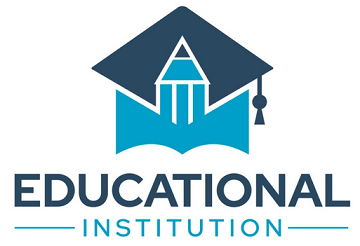A sometimes destabilizing discovery for students who may feel like they are wasting their time or have the feeling of being drowned in the middle of the fray in the amphitheater. Then comes the age-old question: should you attend all the lessons, even those where you “pick your nose”? “In the majority of cases, yes.These courses are important because they allow you to better understand the subject, to understand certain things. The teacher will insist on a point, raise your voice at some point.… We can see what is important to him, what his requirements are,” she explains.
“Attending these courses also quite simply allows you to socialize. To belong to this new world, the university”, adds the author of the guide “Success in your first year of higher education” (Editions De Boeck Supérieur, 2017) . On the other hand, if the professor only reads his course, Mireille Houart concedes that a student can just as well choose to study at home from reference books. It’s up to you to ask yourself the right questions before deciding. Does the teacher give a structure to his course? Does it provide a plan? Examples, additional explanations that are not in the handout? Does his enthusiasm arouse your interest in the subject he teaches?
Be a strategic student!
According to Mireille Houart, a student who succeeds in his first year is a strategic student. “Studies in the sciences of education have shown that there are three kinds of students. Those who study on the surface and achieve little, those who study actively but do not all succeed, and those who study strategically and who are very successful. These are the students who combine deep work and strategy”, lists the author.
Take effective notes
Who says lecture also says taking notes.The teacher speaks quickly and you have to know how to follow. It’s all the harder that we don’t yet know the material, that there is vocabulary that is unknown to us…” Don’t let yourself be destabilized. The main thing is to actively attend class : take the most correct notes possible and understand what the teacher is explaining. If this is not the case, do not hesitate to complete your notes as quickly as possible by asking the teacher during the intercourse or other students”,
Produce course materials
An imperative: get your notes back in shape after class. “You shouldn’t be passive! Simply reading, copying or highlighting all of your notes will be useless. You have to structure them!”, recommends Mireille Houart. You can transform a text into a diagram, create a table that allows you to see common points, transversalities… In short, transform your notes into “course materials”. This unique document, produced for each lecture, brings together all of your notes but also elements taken from reference books, handouts … “This document must be compact. For 500 course pages, count 50”, specifies the author.
To each their support! “It has to be compatible with his way of studying. The best thing is to test with a first chapter and see if we manage to memorize it”, underlines Mireille Houart. Should I use a computer. But some courses include too many diagrams or graphics to be transcribed exclusively on the computer”, observes the doctor of sciences.
Learn to manage your free time
The management of free time is, according to Mireille Houart, “the major difficulty” facing the student when he arrives at university. Especially since it coincides with learning a certain independence. To better manage this new free time, Mireille Houart suggests making a weekly schedule, hour by hour, of all these activities.
Stay on course all year round!
Staying motivated until the end of the year: easier said than done! For Mireille Houart, everything is again a matter of strategy, to get to work but also to maintain the effort. The first thing to do: cling to the ultimate goal. Remember that if you work so hard it is to become a doctor, for example. The second thing is to grant yourself rewards once you have finished an intense period of work. The third: identify your weaknesses! Start by writing down the last five temptations that have kept you from getting down to work, then identify ways to remove those obstacles.
Bet on mutual aid between students
To face the partials, no miracle method.On the other hand, when you haven’t worked during the year, you have to take time to do your revision materials. That’s all time that the student does not have to memorize and train”, notes Mireille Houart.




